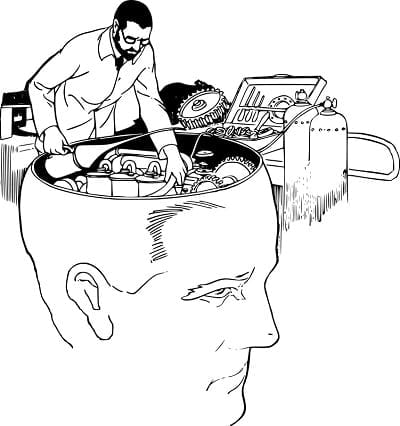People who have private coverage are more likely to receive a diagnosis of the condition than the uninsured.
The results of the latest National Health and wellness Survey that was conducted by Kantar Health have now been released and they have revealed that when people have private mental health insurance coverage, they are more likely to receive a diagnosis of depression than is the case among people who have publicly assisted or provided plans.
The survey showed that the difference in the diagnosis rate between these two groups is considerable.
The study was conducted on adults in Brazil, comparing their private mental health insurance with those with public coverage. The research was recently presented in Santiago, Chile, at the International Society for Pharmacoeconomics and Outcomes Research (ISPOR) 5th Latin America Conference. The research results align well with what other studies have determined, but from different perspectives.
The outcomes of the mental health insurance research have also provided some insight into a troubling trend.
 According to the Kantar health senior research services analyst, Hillary Gross, “Previous research conducted in Brazil suggests that people with lower educational levels and socioeconomic status are more likely to suffer from psychiatric conditions, including depression, than those in the upper and middle classes.” This is potentially troubling, as the people who are in the lower educational and socioeconomic levels are also those that are more likely to be covered by public insurance policies and not private ones.
According to the Kantar health senior research services analyst, Hillary Gross, “Previous research conducted in Brazil suggests that people with lower educational levels and socioeconomic status are more likely to suffer from psychiatric conditions, including depression, than those in the upper and middle classes.” This is potentially troubling, as the people who are in the lower educational and socioeconomic levels are also those that are more likely to be covered by public insurance policies and not private ones.
Therefore, as the NHWS research has determined that 57 percent of depression diagnoses are from people who are privately insured, it could indicate that there is a very large number of people in the publicly insured demographic that is not receiving a depression diagnosis, despite the fact that the condition is present.
As Brazillians who are covered by a private mental health insurance plan have a greater likelihood of seeing a specialist such as a therapist, a psychologist, or a psychiatrist, when depression is present, it also means that there could be a significant number of people who are publicly insured and who are not receiving the treatment that they need to be able to better overcome their condition.
